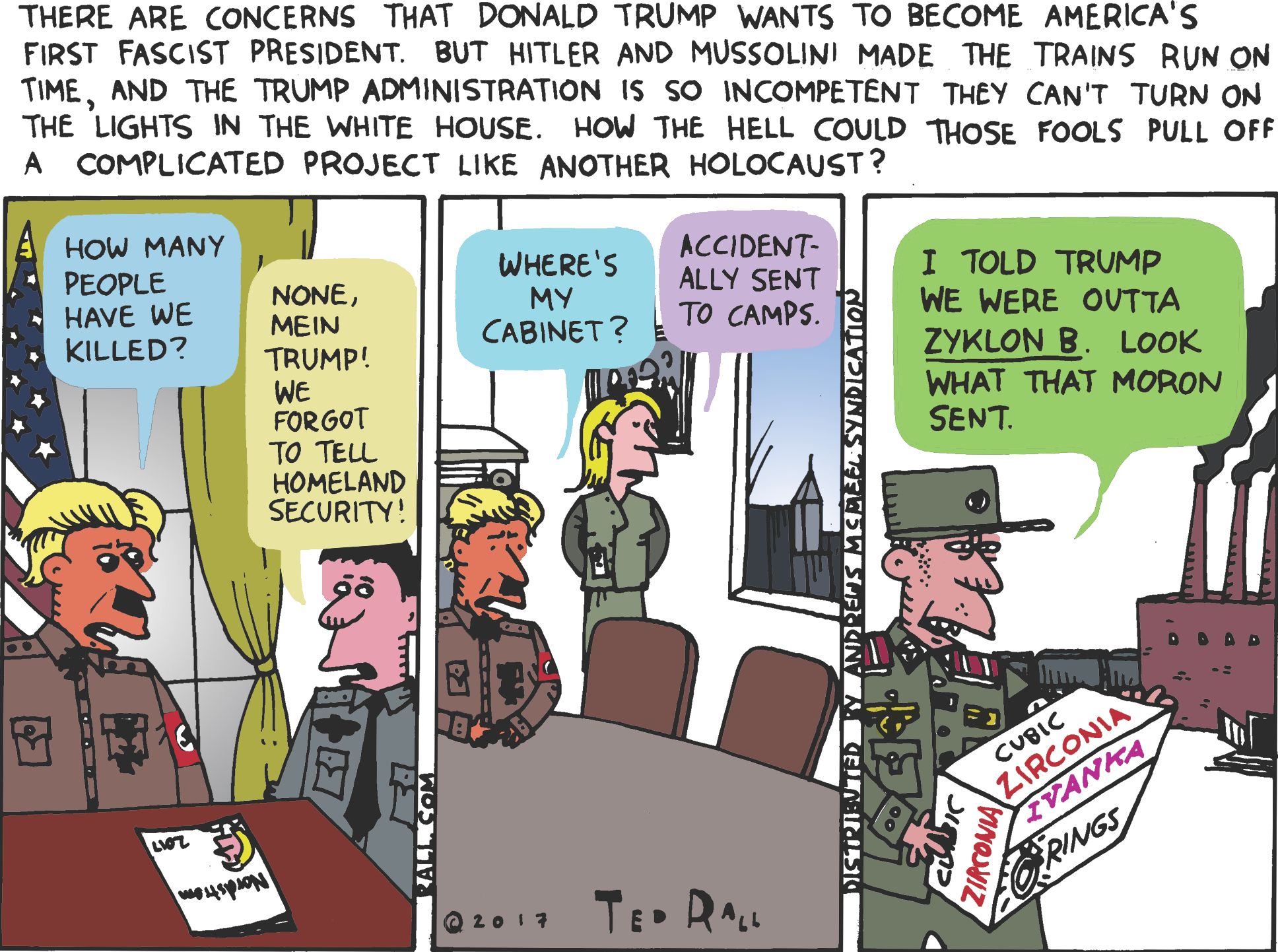World leaders seem to be at a loss about how to approach relations with U.S. President Donald Trump, given his worrying positions and often-bizarre behavior toward politicians and the media, allies and enemies alike. Trump is not just challenging political convention to "shake things up"; he is testing the foundations of U.S. democracy. That test has the potential to transform existing assumptions about the United States and its global role.
Trump was elected largely for one reason: a substantial share of U.S. voters were fed up with the state of the economy and the politicians who had overseen it. Globalization — the proliferation of flows of labor, goods, services, money, information, and technology worldwide — seemed to be benefiting everyone except them.
These voters had a point. While globalization, and the trade openness that underpins it, has the potential to enrich the entire global economy, so far the richest have captured a hugely disproportionate share of the gains. In the U.S., wages for the top 1 percent of earners increased by 138 percent from 1980 to 2013, while wages for the bottom 90 percent grew by just 15 percent.



















With your current subscription plan you can comment on stories. However, before writing your first comment, please create a display name in the Profile section of your subscriber account page.